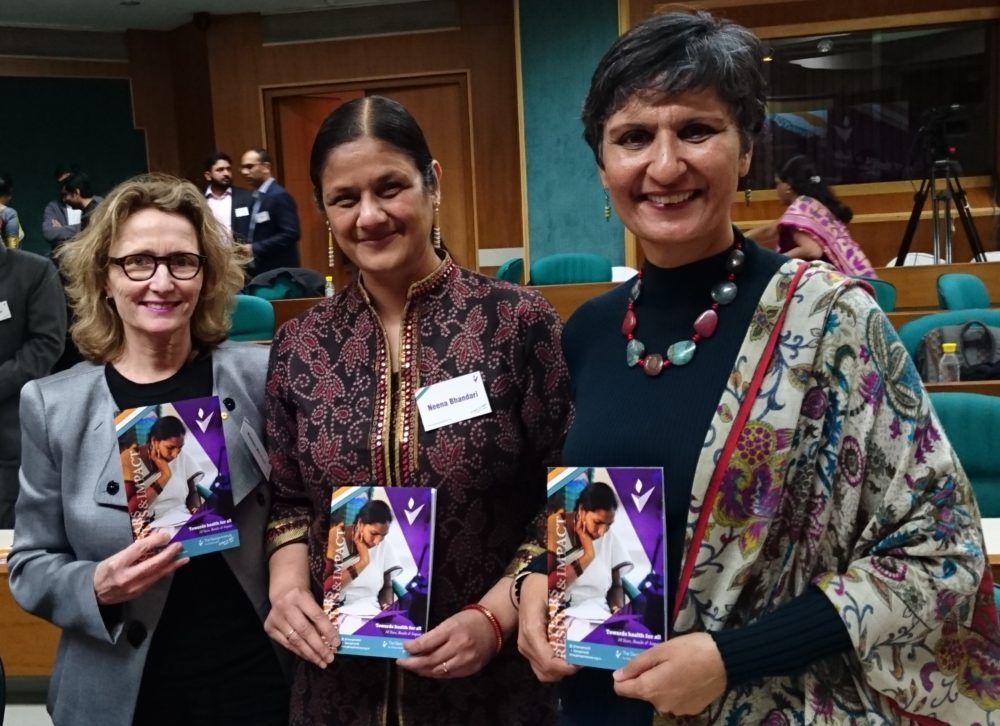By Neena Bhandari
Professor Robyn Norton grew up observing her parents’ commitment to equity and social justice in improving people’s lives in Christchurch, gateway to New Zealand’s South Island. It left an enduring impression on her young mind. The women’s movement was reaching its peak during her high school years. She got drawn into thinking about addressing women’s health issues and moved to Sydney, Australia, and enrolled in a Master’s degree in Public Health.
Fast forward to late 1990s. She says, “The global burden of disease was changing, particularly in lower and middle-income countries where Non-Communicable Diseases [NCDs] and injuries were emerging as a leading cause of death and disability. The expertise to manage the emerging epidemic of NCDs and injuries was not available in these countries. Most of the global collaborations between the high income and low-income countries were still focused on maternal and child health and under nutrition”.

